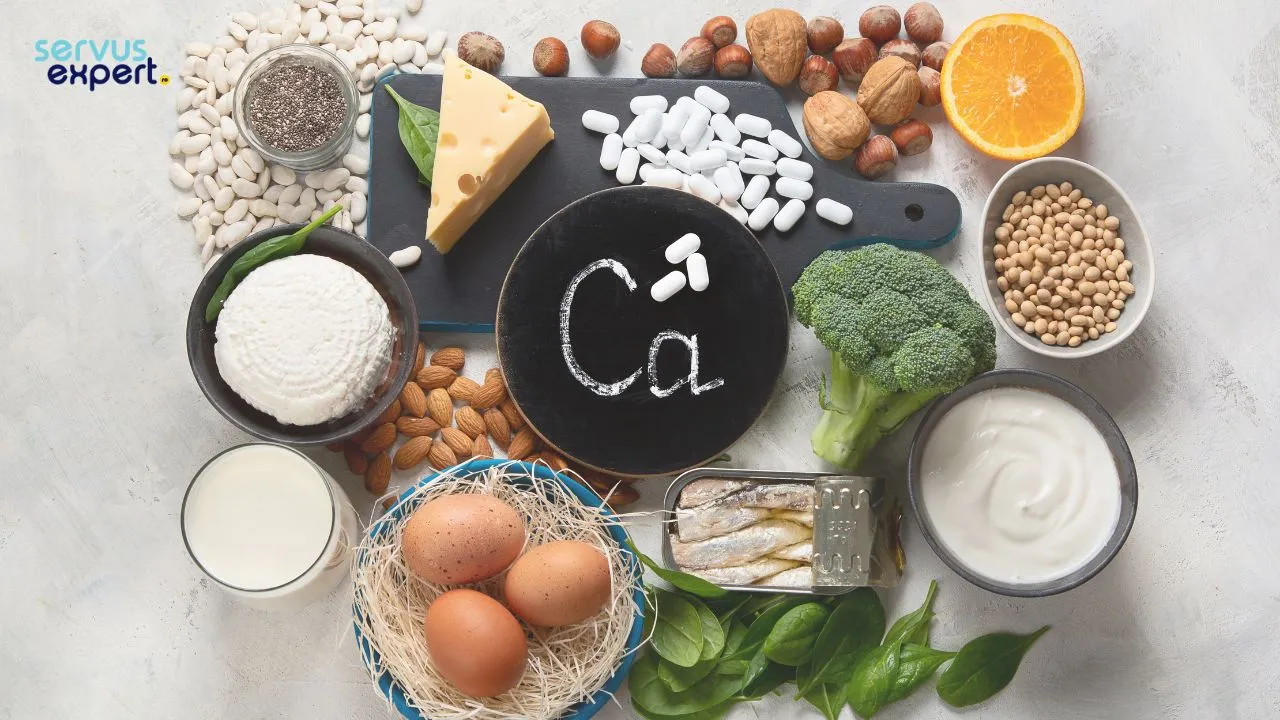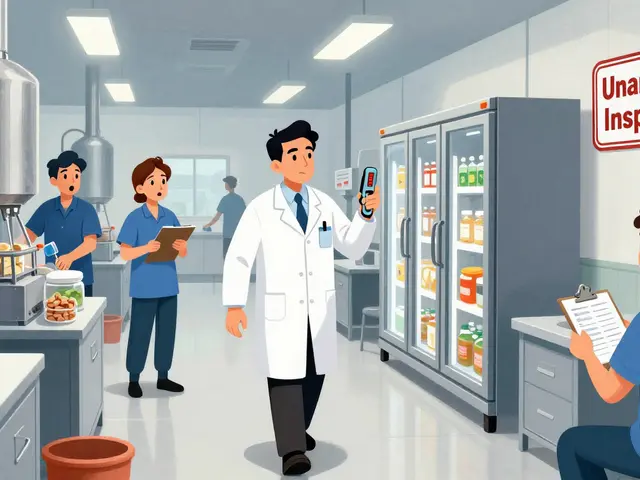Poor Absorption and Osteoporosis — November 2023
Worried about brittle bones and wondering if digestion could be the reason? The November 2023 post on KiwiDrug.com looked closely at how poor absorption of nutrients can weaken bones over time. This summary pulls out the most practical points: what to watch for, simple tests your doctor can run, and everyday steps to help your body use the nutrients that keep bones strong.
Signs and tests that point to poor absorption
How do you know if you're not absorbing what you eat? Look for steady fatigue, unexplained weight loss, persistent diarrhea, or symptoms tied to specific deficiencies — like numbness from low B12 or brittle nails from low iron. A bone density scan (DEXA) shows bone loss. Blood tests your doctor may order include vitamin D (25‑OH), calcium, B12, iron studies, and basic markers like albumin. If those look off, your doctor might check for celiac disease, inflammatory bowel disease, or pancreatic insufficiency — common causes of malabsorption.
Practical ways to improve absorption and protect bones
Small changes in how you eat and live can make a big difference. Start by including foods that actually help your body absorb bone-building nutrients: fatty fish, fortified milk or plant milks, eggs, leafy greens like kale or bok choy (they’re lower in oxalates than spinach), nuts, seeds, and fermented foods for gut health. Pair vitamin D sources or sunlight with dietary calcium — vitamin D helps your gut take up calcium.
Watch how you take supplements. Split calcium doses (500 mg or less at a time) for better uptake, and take fat-soluble vitamins (A, D, E, K) with a little fat in your meal. If you use antacids or proton-pump inhibitors long term, talk to your doctor — lowered stomach acid can reduce absorption of calcium and B12.
Don’t forget lifestyle: weight-bearing exercise (walking, light weight training) signals bones to stay dense. Limit heavy alcohol and smoking — both speed bone loss. Manage chronic digestive issues with your healthcare team; treating the root cause of malabsorption is often the fastest way to improve nutrient status.
If you suspect a problem, start with your GP. Ask for a DEXA if you have risk factors, and request targeted blood tests. A registered dietitian can turn test results into a realistic meal plan that supports bone health. Our full November post goes into more detail on tests and food swaps, but these steps will get you moving in the right direction today.
Want the specifics from the original article? Visit KiwiDrug.com to read the full November 2023 piece on how poor absorption links to osteoporosis and what to do about it.

The Link Between Poor Absorption of Food and Osteoporosis
Hi there, I'm your everyday guy taking a closer look at how our bodies process the food we eat, and drawing a connection between poor absorption and osteoporosis. In this post, I unpack how nutritional uptake impacts our bone health, shedding light on why we need to pay closer attention to our digestion and the nutrients we're taking on board. Buckle up for an eye-opening read bridging the gap between what's on your plate and the state of your skeletal system.
read more




